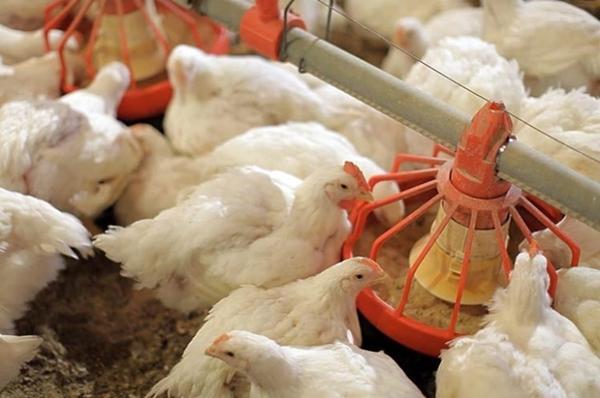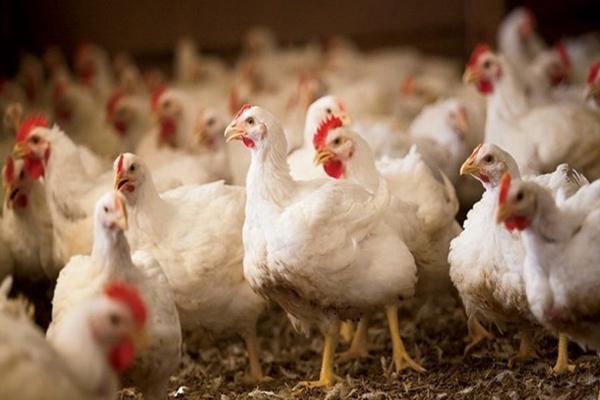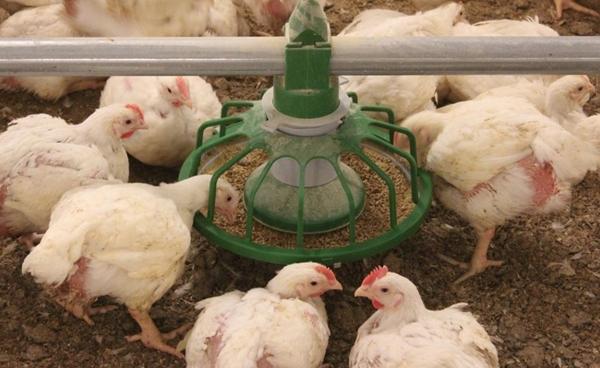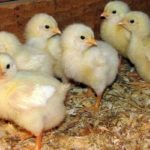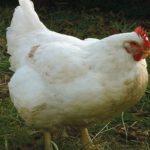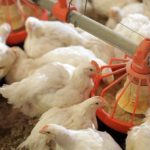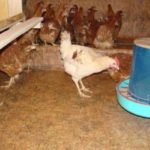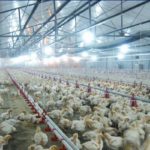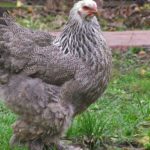Broilers are chickens that produce a large amount of meat. Broiler meat is tender, suitable for preparing hearty dishes, as well as for proper nutrition. When raising chickens, you need to take care not only that the birds eat properly, but also about the microclimate conditions. The main characteristic of microclimate is the temperature at which living creatures are kept. Below you can see the table of optimal temperatures for broilers.
What does temperature affect when raising broilers?
Newborn chicks should receive enough warmth from the 1st day of their life. A weakened immune system turns any external factors into a threat. A small amount of heat can cause illness and death. Heat dependence persists even in adult chickens.
Farming today is undergoing significant changes. The use of incubators and brooders allows you to skip the procedure of incubating eggs with a laying hen. In addition, the chicks no longer need to be raised close to their mother.
In general, it is advisable to keep laying hens separately from young animals.
The main purpose for which broilers are raised is to produce meat. The farmer needs to create all the conditions for this. Due to this, the eggs of the hens are incubated and then the chicks that are born are raised in a brooder. The development of broilers and their immunity depend on the microclimate in the chicken coop. Therefore, the farmer needs to pay special attention to the conditions of keeping the poultry, namely the temperature in the poultry house.
Optimal temperatures in the chicken coop
Optimal temperature parameters for young and adult chickens will be different. Below are tables with the corresponding parameters.
For growing young animals
Table of optimal temperature indicators for chickens:
| Age of young animals, days | Temperature near the heater, degrees Celsius | Temperature in the poultry house, degrees Celsius |
| 1-5 | 33-34 | 24-26 |
| 6-12 | 30-32 | 22-23 |
| 13-20 | 25-29 | 21-22 |
| 21-30 | 22-24 | 20-21 |
For adult birds
Temperature table for adult birds (heaters are no longer used):
| Age of hens, days | Chicken coop temperature, degrees Celcius |
| 31-63 | 18-19 |
| From 63 | 18 |
Heating control
In newborn chicks, the thermoregulation mechanism does not work, since their body has not yet developed.Their muscle mass is still too small for the body to receive enough heat when moving. Therefore, to regulate the heating in the chicken coop, household floor heaters or lamps with infrared radiation are used.
You need to make sure that the chickens do not move too far from the heater.
It is best to raise young animals in a brooder. A brooder is a box whose microclimate and light level can be adjusted. It is also necessary to monitor the humidity level. It should be 60-70 percent. Do not forget about active ventilation of the chicken coop and ensuring normal lighting levels.
Other growing conditions
Temperature is not the only thing that matters when raising broilers. You must adhere to the recommendations below:
- When introducing new foods into the diet, be careful when giving boiled potatoes to young animals. Large quantities of this product can cause intestinal problems in chickens, including volvulus and death. The diet of adult broilers should consist of mash and concentrated feed. Towards the end of fattening, add juicy food to the diet.
- Watch the birds breathe. If it is interrupted, it means the air in the coop is too humid. You need to improve ventilation. If chickens move little and lie on their feet for a long time, it means they do not have enough vitamin D. If their plumage is no longer shiny and becomes brittle, this indicates excessive dryness in the house.
- To prevent intestinal problems in chickens, add potassium permanganate to their drink every 2 days. Don't forget to mix the solution thoroughly. Drinkers and feeders should be cleaned with sodium bicarbonate. Wash drinking bowls and feeders after each supply of water and food.
- The floor in the poultry house must be clean and insulated. You can cover it with a straw mat laid on a thin layer of slaked lime. Make sure that the straw does not begin to decompose and replace it promptly.
If you provide your broilers with optimal living conditions, then you can easily raise healthy chickens that will bring you a large amount of meat. Raising broilers is quite simple, so even novice farmers who have only recently started raising poultry should not have any problems.

